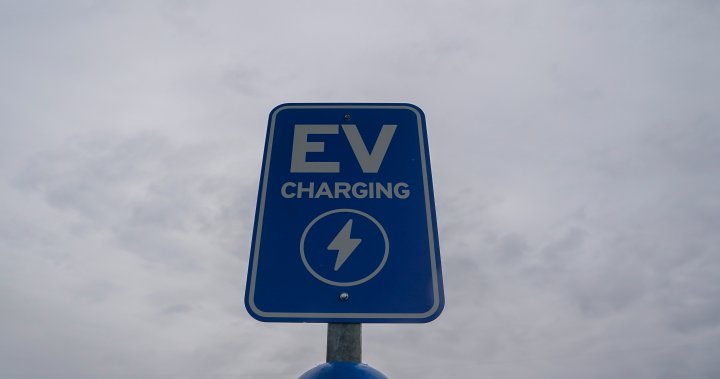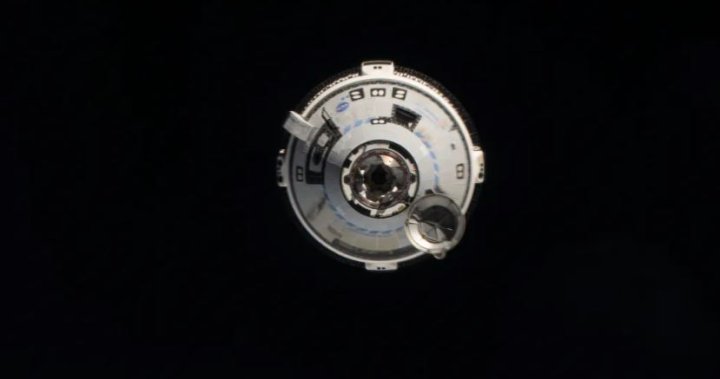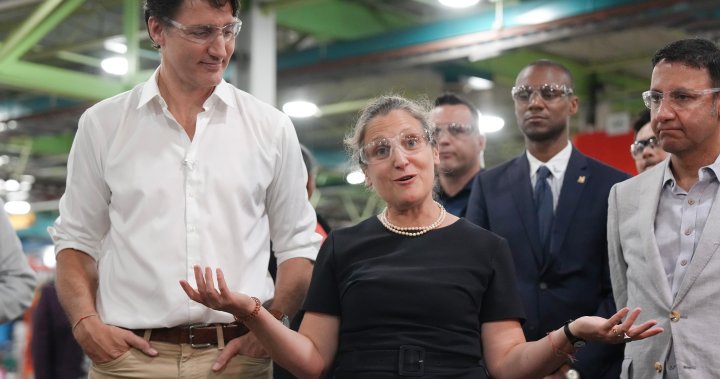Over the month of July, the Canadian government will consult with stakeholders about plans to tackle what it calls the “oversupply” of Chinese-made electric vehicles in the global market.
While the details of policy changes are yet to be seen, many experts agree this could mean more tariffs on cheap, Chinese-made EVs to keep policies in line with economic partners like the U.S. and European Union.
But will it impact consumers? And what is a good time for a prospective EV buyer in the current market?
Greig Mordue, an associate professor at McMaster University’s Booth School of Engineering Practice and Technology, said Canada is likely to lean towards tariffs at the end of the consultation process.
“I think you can be pretty confident that we’re going to come out of this with pretty substantive tariffs or protectionist measures at the conclusion of this study,” he said.
Canada’s announcement came after both the United States and the European Union levied their own restrictions on Chinese EVs.
Erik Johnson, senior economist at BMO capital markets, said the world was moving away from global integration of EV supply chains towards more regional blocs and groupings.
This, he said, was bound to raise prices in the interim as Canada and the U.S. build capacity. He said this means people might be slow to adapt to electric vehicles in this time.
“I think we are now pushing into a world where we’re more likely to see slower adoption rates. We’re going to see a little bit more regionalization in the movement to electrical vehicles now. That’s probably going to mean slightly higher costs on average,” he said.
And North America has a lot of catching up to do.
The email you need for the day’s
top news stories from Canada and around the world.
A recent Scotiabank report said North American manufacturers were falling behind in the global race to build more EVs. In the last quarter of 2023, Chinese auto giant BYD dethroned Tesla as the leading manufacturer of EVs in the world.
Currently, the only Chinese-made EVs imported into Canada are Teslas made at the U.S. tech giant’s Shanghai factory.
Johnson said the popularity of the Tesla Model Y and Model 3 in Canada has meant that the share of Chinese-assembled vehicles in Canada has jumped significantly.
“Midway through 2023, when the new Model Y started to enter the market, most of those were being exported from the Shanghai facility to Canada,” Johnson said.

He said while the electric vehicle rebate in Canada is not restricted based on the vehicle’s country of assembly, it is under the policy in the U.S.
This means Tesla strategically tries to hold its American production for its American market, while trying to meet demands in global markets, including Canada, using its production facilities in Shanghai.
But the Elon Musk-led company may not enjoy this privilege in Canada by the end of July. While announcing the consultations, Finance Minister Chrystia Freeland said Canada was considering changing the rules around which cars were eligible for the rebate.
“The potential policy actions we are consulting on include a surtax on imports of Chinese EVs under Section 53 of the Customs Tariff Act, changes to which cars are eligible for the existing federal incentives for Zero Emissions Vehicle Program, and potentially broader investment restrictions in Canada,” Freeland said.
Johnson said he expects country of assembly to become a factor in deciding rebates.
“If that vehicle was assembled in China, it might be the case that it’s no longer eligible for those federal rebates, in which case it is raising the effective price of those vehicles.”
U.S. President Joe Biden moved May 14 to quadruple the U.S. import tariff on Chinese-made EVs to 100 per cent. Canada currently imposes a six per cent tariff on Chinese-made vehicles, but the cars can qualify for up to $5,000 in federal rebates for EV purchases.
Johnson said while it might be tempting to buy before prices go up, Canadians should also consider financing options.
“The further we go through this year, the more likely we are to see interest rates ease a little bit. If you have to finance the new vehicle purchase, you’re sort of trading off here between price point and where interest rate costs could go,” he said.

Another option was to look for used vehicles.
“There’s also really good prices right now in the used market for electric vehicles. And what we are finding from studies is that the batteries in used EVs are holding up really well,” he said.
Leasing a vehicle, instead of buying one, could also be a cost-effective option for many. However, he said the cost-of-living crisis has hit the auto sector more broadly.
“We’re seeing this cost of living shock working its way through the North American auto space. Light trucks and full-size pickup trucks have long been the dominant product in the North American space. But at start of this year, they’re having a really tough time,” he said.
He said an option that many people can consider is trading down to a smaller, more practical vehicle. Whether that is a smaller car, or even an electric bike, depends on your needs.
“You might be looking at almost a six-figure price tag to get into a full-size pickup truck,” he said. “People are trading down that price spectrum on vehicles.”
— with files from The Canadian Press
© 2024 Global News, a division of Corus Entertainment Inc.




